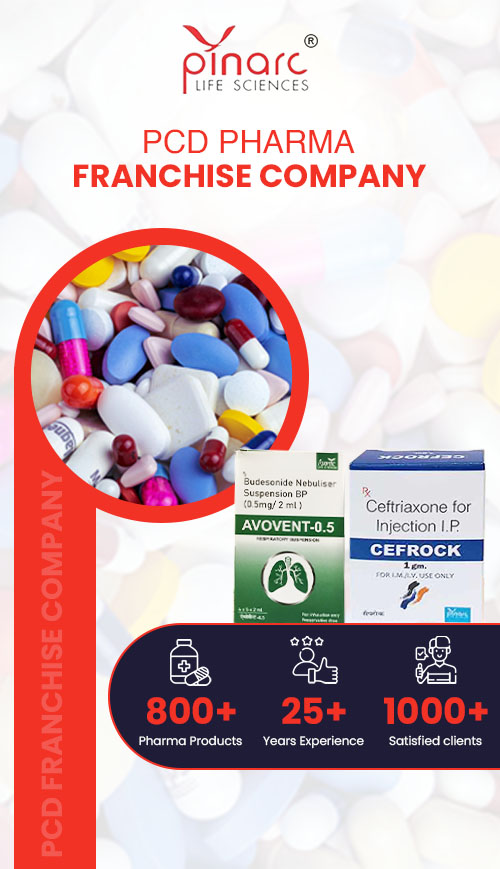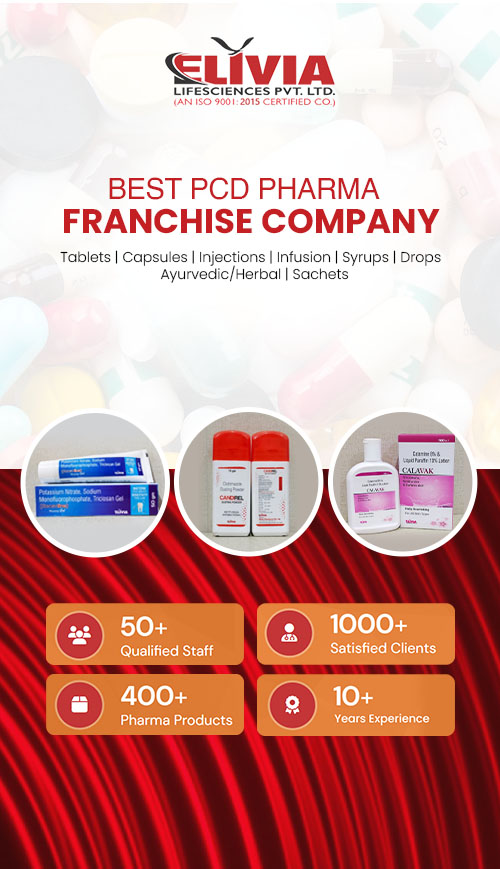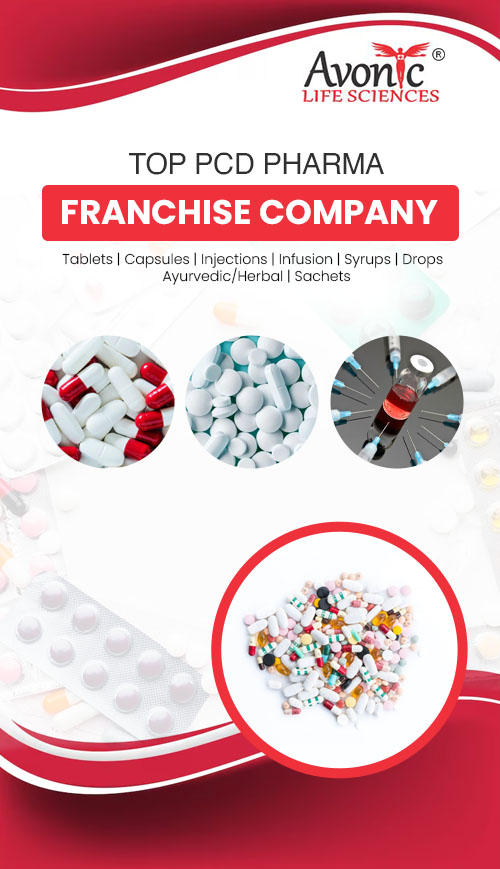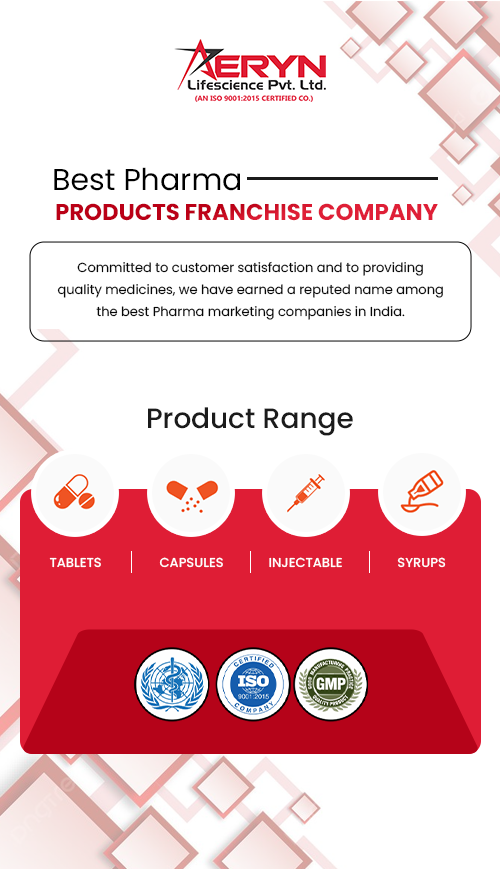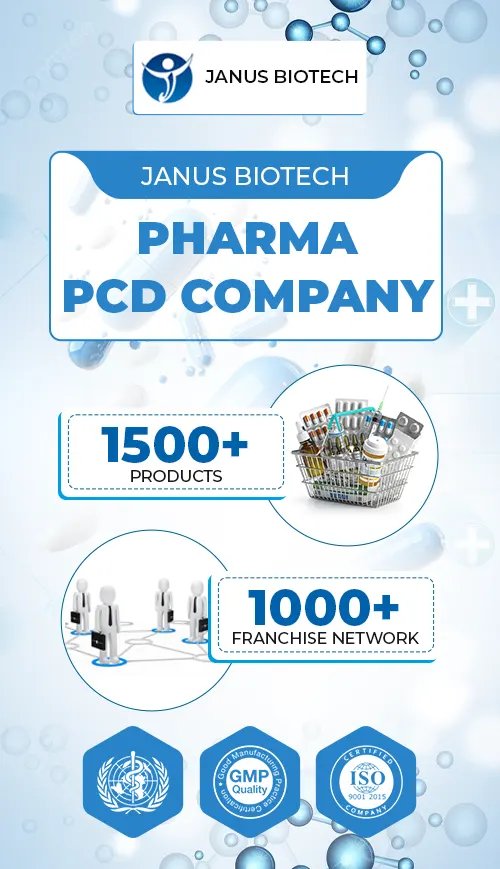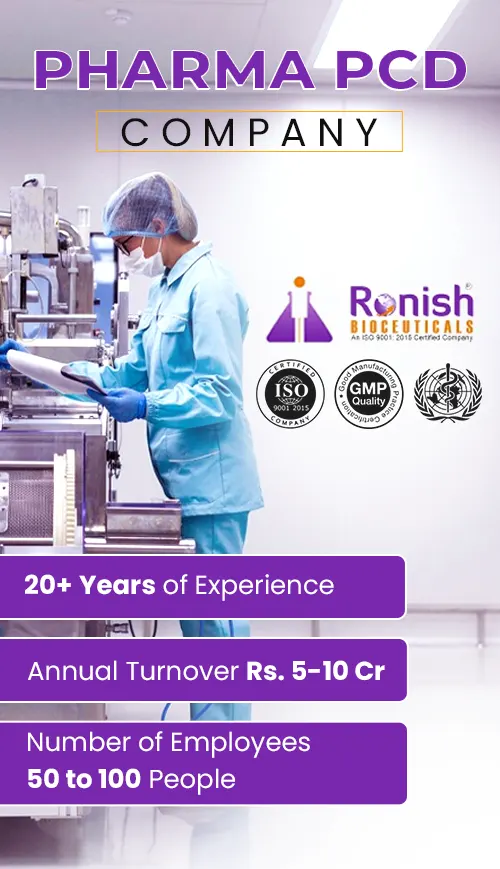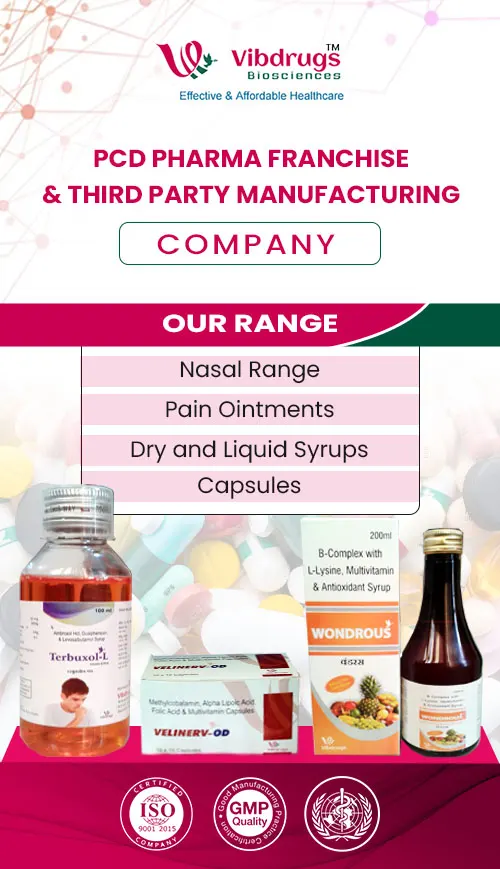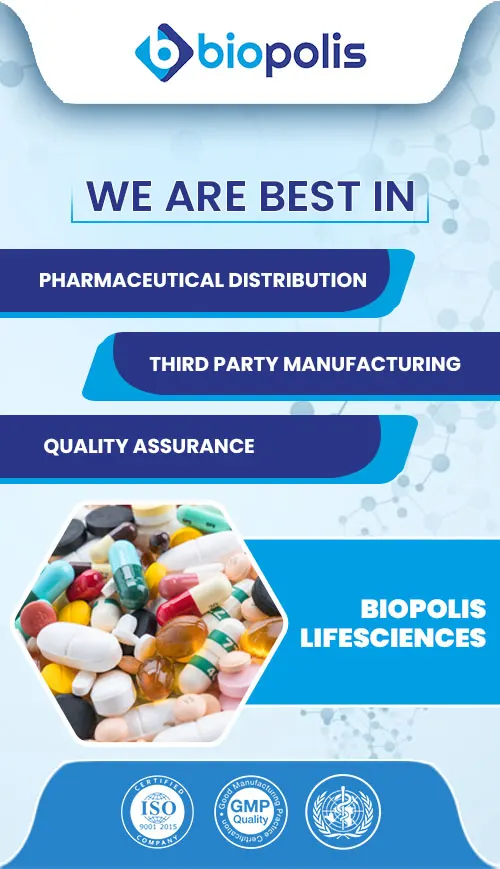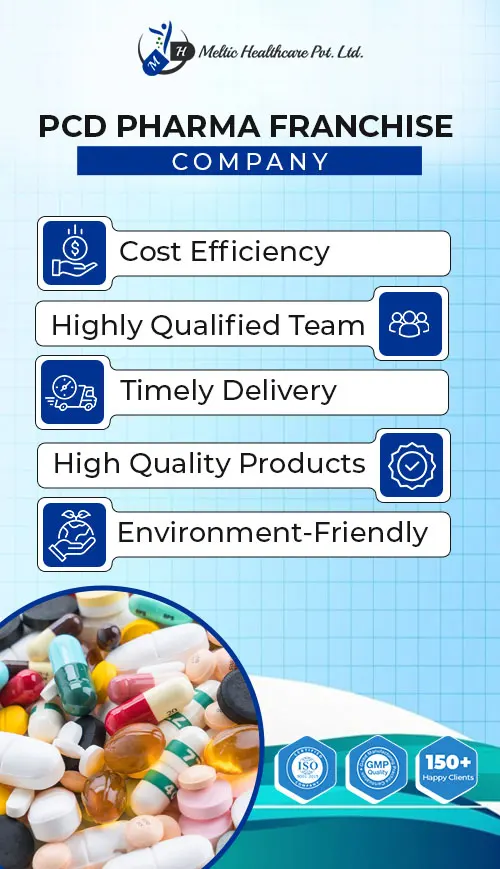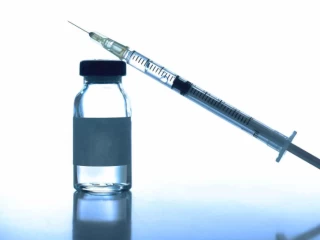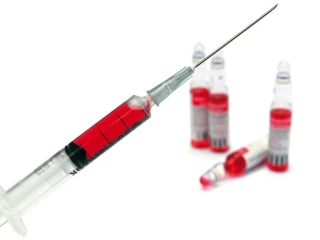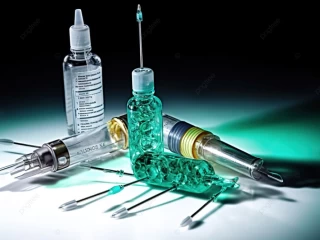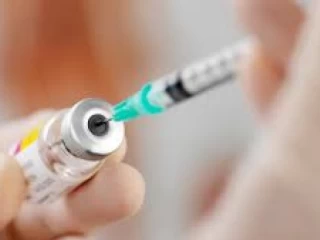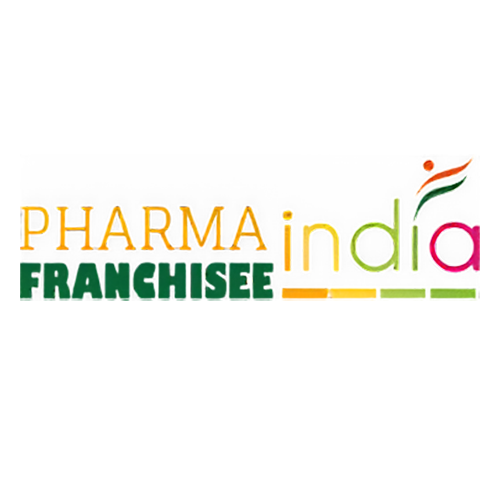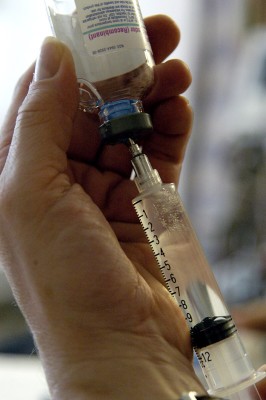Unos Biotech Chandigarh - 41.73km Ground Floor, Building No-84, Raipur Kalan, Near State Bank of India, Chandigarh 160102 Call Now |
Corion Injection Manufacturers in Ambala | Corion Injection Manufacturing in Ambala
Corion injection is one of the essential therapeutic solutions provided in the treatment of hormonal imbalances and fertility problems. A tie-up with experienced Corion injection manufacturers in Ambala through third party manufacturing could help a lot in terms of the quality of the product and reach to the market. Pharmaceutical companies can leverage the expertise of established Corion injection contract manufacturers by guaranteeing compliance with regulatory and efficient processes that go into production, hence cutting costs and risks.
Benefits of Corion Injection 3rd Party Manufacturing in Ambala
1. Cost Efficiency
Partnering with a third party manufacturer of Corion injection in Ambala reduces the costs of production since companies have the opportunity to spend the money saved on marketing and distribution.
2. Quality Production
Contract manufacturers have fully equipped facilities and professional personnel thus ensuring quality in the production of Corion injections.
3. Flexibility
Companies can realize flexible changes in market demand by partnering with third party manufacturers since no substantive capital outlay is required.
4. Access to Expertise
Through the B2B Pharma Portal Pharmafranchiseeindia.com, one will be able to reach trusted manufacturers, who also manufacture Corion injection and comply with strict production regulations.
Key Features of a Reliable Colistimethate Injection Manufacturing Company in Ambala
During the selection of a Corion injection manufacturing company in Ambala, there should be quite a number of key features that one should take into account. One should look at the manufacturers that possess good third-party Corion injection third party manufacturers in Ambala with quality production and more so, a good record of regulatory compliance. A reliable manufacturer portrays good manufacturing technologies, a skilled workforce, and a strong commitment toward research and development. More importantly, transparency in the process as well as effective channels of communication can enhance collaboration and ensure successful contract manufacturing for Corion injection.
Regulatory Compliance in Corion Injection Manufacturing in Ambala
Even though adherence to the stipulated standards is of prime importance, in the pharmaceutical market, maximum permissible acceptance of regulatory standards and guidelines becomes a must. For manufacturers of Corion injection, the required processes of production need to be sustained by keeping compliance with all such guidelines prescribed by the health authorities. To maintain such regulations, manufacturers ensure third party documentation and GMP. The corion injection third-party manufacturing company in Ambala can look towards pharmaceutical companies to ensure expert regulatory compliance, thereby reducing the risk of any legal issues and ensuring the product's safety and efficacy. Pharmafranchiseeindia.com is a good place to find compliant and certified manufacturing partners for any company.
Related Faqs regarding Corion Injectable Manufacturing
Q1: What is Corion injection used for?
Ans- Corion injection is widely used for the treatment of various medical conditions, primarily due to hormonal imbalance and infertility conditions.
Q2: How can reliable third-party manufacturers of Corion injection be identified?
Ans- You may look for companies who have received credentials from the industries; reviews from customers supporting them as credible sources and having a clean record of regulatory issues.
Q3: What benefits does contract manufacturing offer to Corion injection?
Ans- Contract manufacturing also reduces production costs and accelerates time-to-market; the latter, thereby giving them a chance to focus on the core business operations while maintaining high-quality product standards.
Q4. How do 3rd party manufacturing services of Corion Injection work?
Ans- Third party manufacturing, in this case, is the procedure where licensed manufacturers manufacture injections of Corion Injection for a client under their brand name and also satisfy all regulatory and quality requirements.
Q5. What is the benefit of using the 3rd party manufacturing services of Corion Injection?
Ans- The benefits of outsourcing third-party manufacturers with Corion Injection are lower rates, modern infrastructural facilities for manufacture, rapid entry into the market, and no setting-up cost for in-house infrastructure.
Q6. What should I look for while choosing a Corion Injection Manufacturing Company?
Ans- While choosing any of the Corion Injection manufacturing companies, you must ensure that factors like its reputation, capacity of manufacturing, GMP standards, regulatory certifications, and its past experience of making high-class injectables stand in a good position.
Q7. What arrangements do Corion Injection manufacturers have about the product quality?
Ans- They have production guidelines related to GMP, quality checkup at all stages of production, and regulatory compliance conditions as prescribed by health bodies like the FDA and WHO to ensure the quality of their product.
Q8: What is the manufacturing process of Corion Injection?
Ans- Quality raw material purchase, sterile formulation, aseptic production, superior quality control, labeling, and regulations compliance are the key steps involved with the manufacture of Corion Injection.
Q9. How to establish Third Party Manufacturing of Corion Injection?
Ans- To initiate third-party manufacturing of Corion Injection, one needs to find a good manufacturer and then discuss terms for the production process including the specifications related to the product, branding details, ensuring that both parties comply with the set regulations.
Q10. What are the regulatory requirements for Contract Manufacturing of Corion Injection?
Ans- Such regulatory requirements for Corion Injection produced by contract manufacture include manufacturing in strict adherence to GMP, obtaining licenses for manufacturing, the quality control process, and standards issued by either International Health Authorities or respective Health Authorities of a country.
Popular Cities
- Corion Injection Manufacturers in Mumbai
- Corion Injection Manufacturers in Delhi
- Corion Injection Manufacturers in Kolkata
- Corion Injection Manufacturers in Ahmedabad
- Corion Injection Manufacturers in Hyderabad
- Corion Injection Manufacturers in Surat
- Corion Injection Manufacturers in Jaipur
- Corion Injection Manufacturers in Navi Mumbai
- Corion Injection Manufacturers in kochi
- Corion Injection Manufacturers in Patna
- Corion Injection Manufacturers in Ludhiana
- Corion Injection Manufacturers in Agra
- Corion Injection Manufacturers in Chandigarh
- Corion Injection Manufacturers in Guwahati
- Corion Injection Manufacturers in Bhubaneshwar
- Corion Injection Manufacturers in New Delhi
- Corion Injection Manufacturers in Agartala
- Corion Injection Manufacturers in Panchkula
- Corion Injection Manufacturers in Gurgaon
- Corion Injection Manufacturers in Haridwar
- Corion Injection Manufacturers in Ambala
- Corion Injection Manufacturers in Zirakpur
- Corion Injection Manufacturers in Barwala
- Corion Injection Manufacturers in Gangtok
- Corion Injection Manufacturers in Zunheboto
- Corion Injection Manufacturers in Baddi
- Corion Injection Manufacturers in Bangalore

